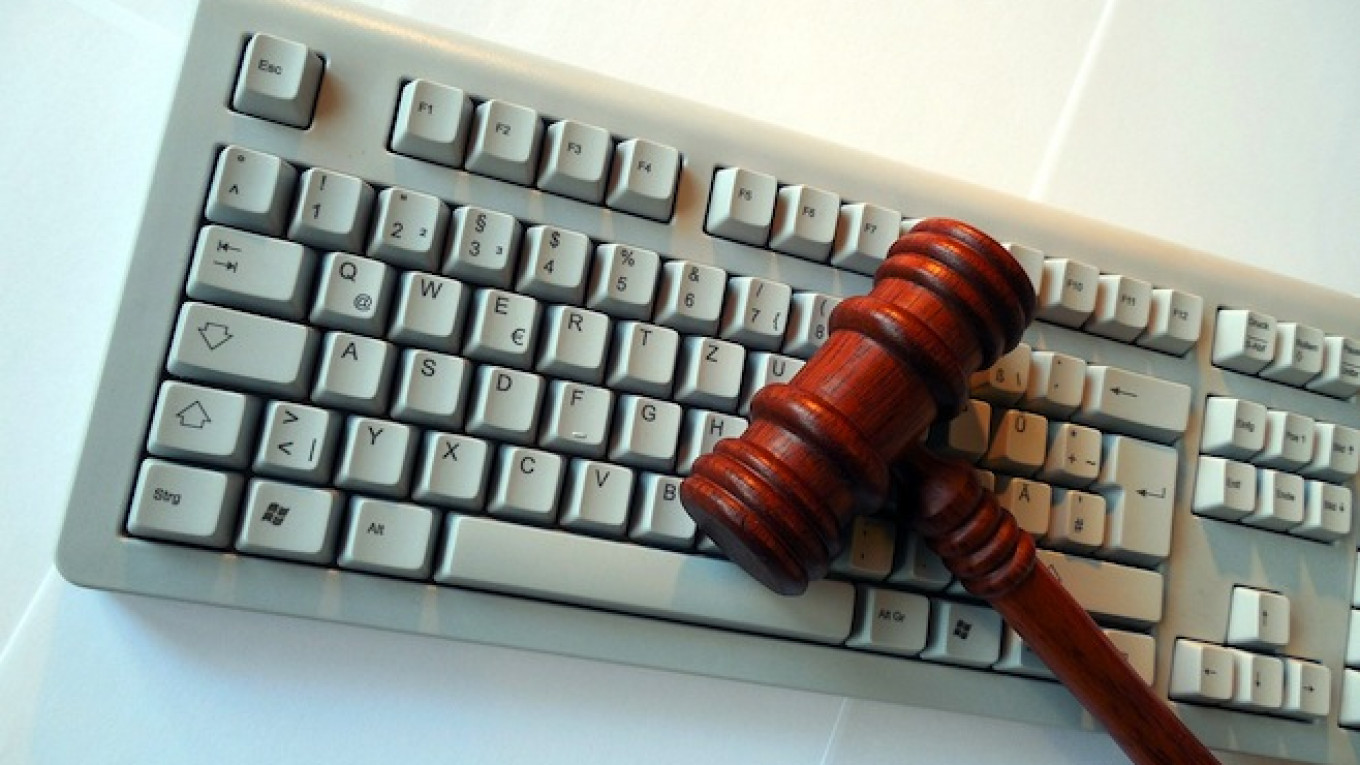A German court on Wednesday gave a suspended sentence to Sergei Maximov, believed to be the infamous pro-Kremlin hacker known as “Hell” who several times attacked the e-mail and Twitter accounts of opposition firebrand Alexei Navalny and other Russian opposition politicians.
Maximov was found guilty of the theft of private data, German news site Deutsche Welle reported Wednesday.
He was handed an 18-month suspended sentence with three years of probation, 400 hours of community service and a 400 euro fine payable to the NGO Amnesty International, Kira Yarmysh, a spokeswoman for Navalny, who was a co-plaintiff in the case, wrote on Twitter.
Maximov, 42, a German national of Russian origin, was taken to court due to the efforts of Navalny's team and other bloggers whose accounts were hacked.
According to the bloggers' investigation, Maximov graduated from the prestigious Russian State Humanities University (RGGU) in Moscow and later moved to Germany with his family. He currently lives alone in Bonn, where he is reportedly unemployed.
In 2013, Maximov's home in Bonn was searched. The presence of thousands of e-mails from hacked accounts on his computer, lists of IP addresses, essays signed "Hell" and other clues all pointed to Maximov being the hacker.
During the first day of the trial, which got under way in Bonn on June 24, he denied that he was "Hell," and claimed he had contacted the shadowy hacker in order to help him prepare for the trial.
Navalny has repeatedly claimed that the hacker was working in cooperation with the Kremlin and Russian law enforcement bodies.
A Message from The Moscow Times:
Dear readers,
We are facing unprecedented challenges. Russia's Prosecutor General's Office has designated The Moscow Times as an "undesirable" organization, criminalizing our work and putting our staff at risk of prosecution. This follows our earlier unjust labeling as a "foreign agent."
These actions are direct attempts to silence independent journalism in Russia. The authorities claim our work "discredits the decisions of the Russian leadership." We see things differently: we strive to provide accurate, unbiased reporting on Russia.
We, the journalists of The Moscow Times, refuse to be silenced. But to continue our work, we need your help.
Your support, no matter how small, makes a world of difference. If you can, please support us monthly starting from just $2. It's quick to set up, and every contribution makes a significant impact.
By supporting The Moscow Times, you're defending open, independent journalism in the face of repression. Thank you for standing with us.
Remind me later.






